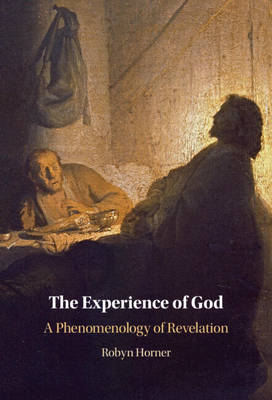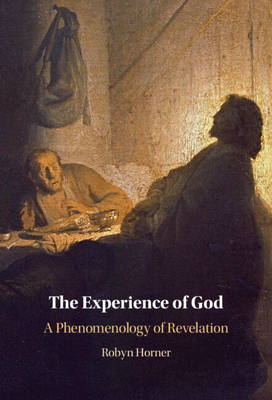
- Afhalen na 1 uur in een winkel met voorraad
- Gratis thuislevering in België vanaf € 30
- Ruim aanbod met 7 miljoen producten
- Afhalen na 1 uur in een winkel met voorraad
- Gratis thuislevering in België vanaf € 30
- Ruim aanbod met 7 miljoen producten
Zoeken
€ 144,45
+ 288 punten
Omschrijving
Belief and credal commitment sometimes seem to make less and less sense in the West. A kind of 'cultural amnesia' has taken hold, where formal religious adherence begins to seem almost unthinkable. This is especially so for the idea of divine revelation. Robyn Horner argues this means we need to re-evaluate how theology proceeds, focusing not so much on beliefs but on experience. Exploring ways in which the experiential might open human beings up to divine possibility, the author turns to phenomenology (especially in the French philosophical tradition) because it seeks to examine unrestrictedly what is given through involved encounter. Bringing phenomenology and poststructuralism together, Horner develops the idea of revelation as an 'event' wherein God interrupts and exceeds human experience, affecting and transforming it. This striking concept, named but largely unexplored by theology, articulates a notion of supernatural revelation which now starts to appear both coherent and plausible.
Specificaties
Betrokkenen
- Auteur(s):
- Uitgeverij:
Inhoud
- Aantal bladzijden:
- 250
- Taal:
- Engels
Eigenschappen
- Productcode (EAN):
- 9781009100434
- Verschijningsdatum:
- 20/10/2022
- Uitvoering:
- Hardcover
- Formaat:
- Genaaid
- Afmetingen:
- 152 mm x 229 mm
- Gewicht:
- 485 g

Alleen bij Standaard Boekhandel
+ 288 punten op je klantenkaart van Standaard Boekhandel
Beoordelingen
We publiceren alleen reviews die voldoen aan de voorwaarden voor reviews. Bekijk onze voorwaarden voor reviews.











